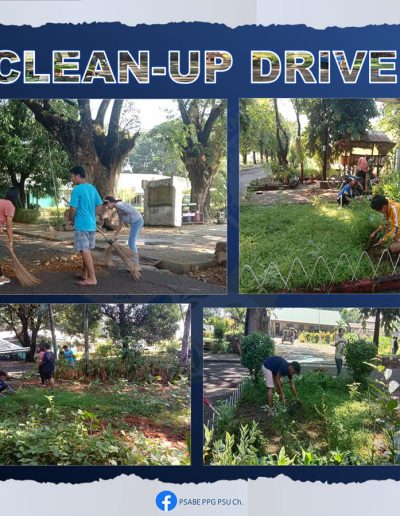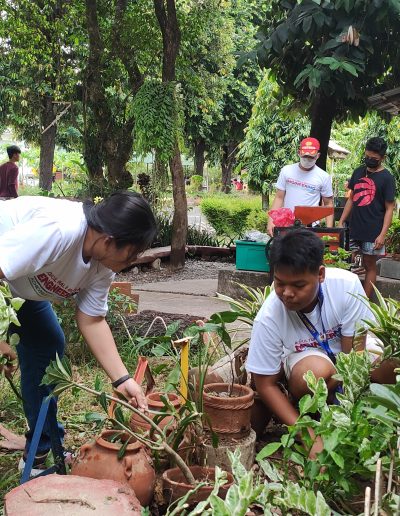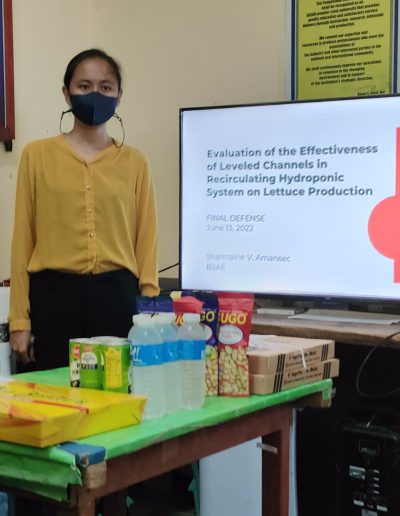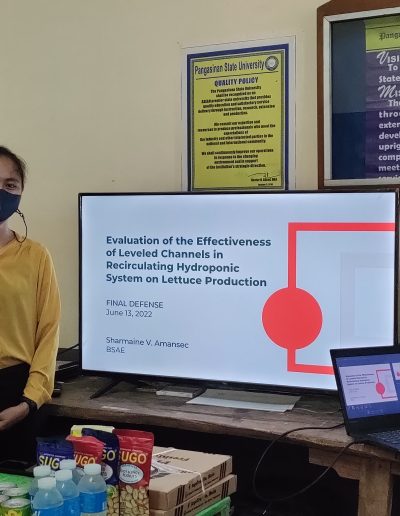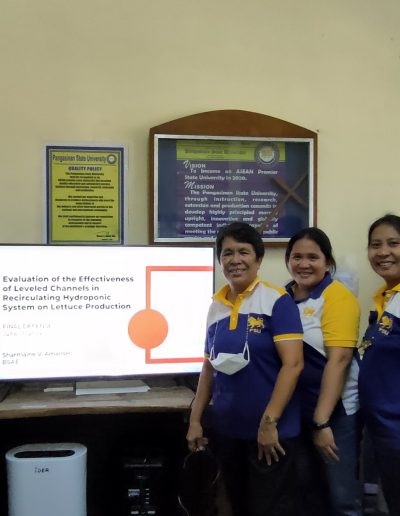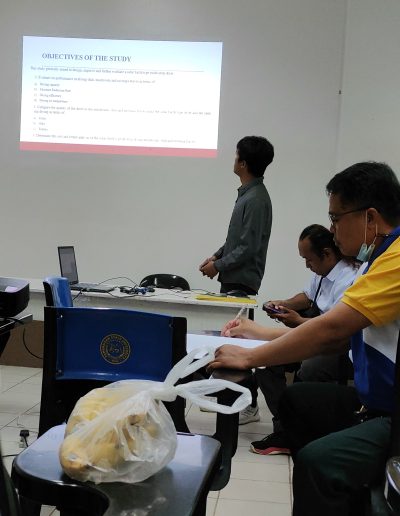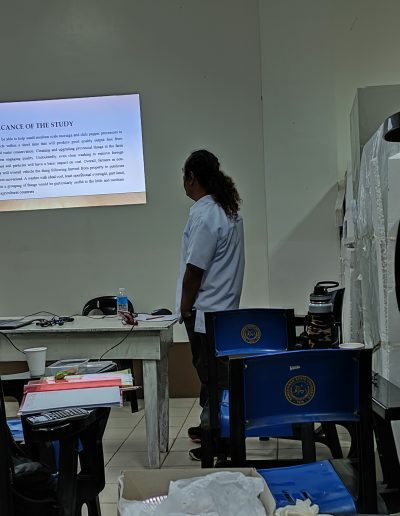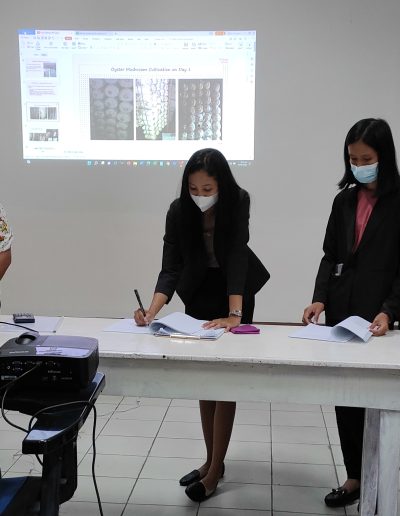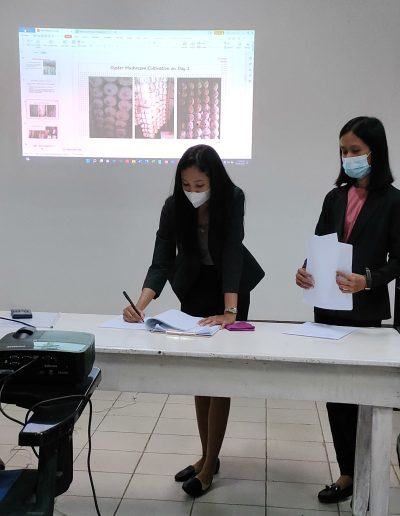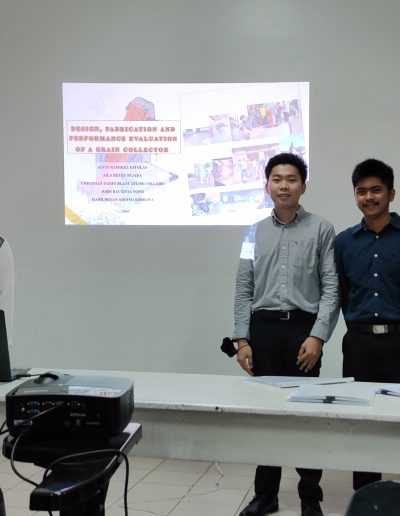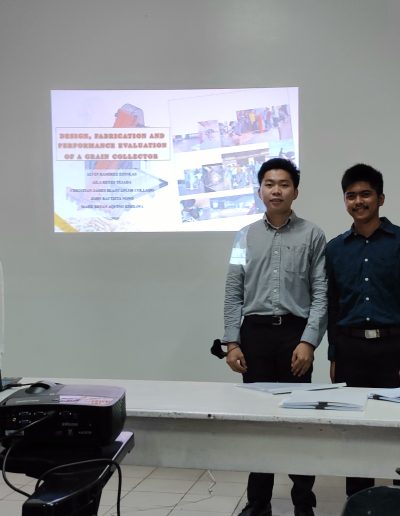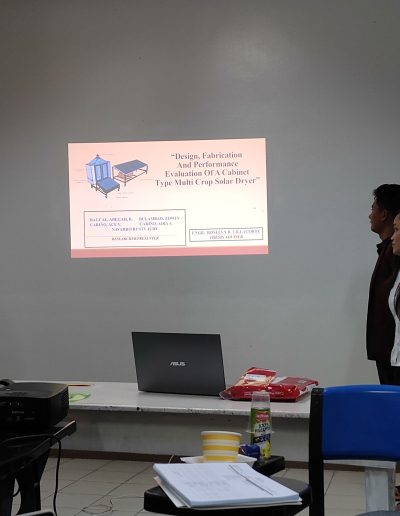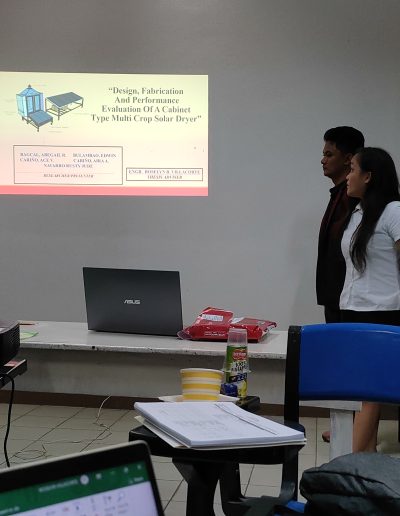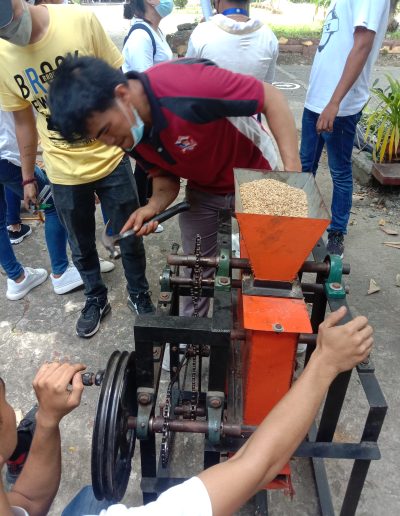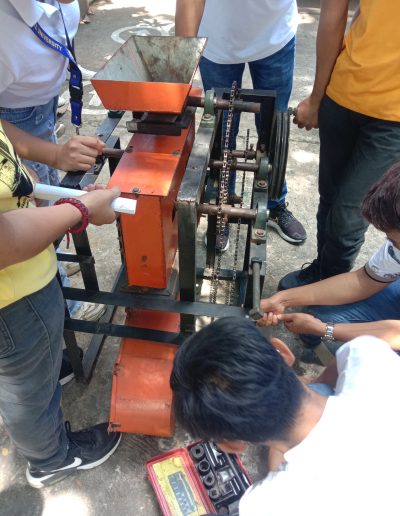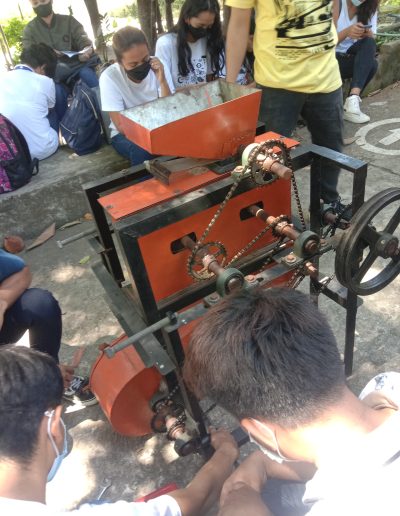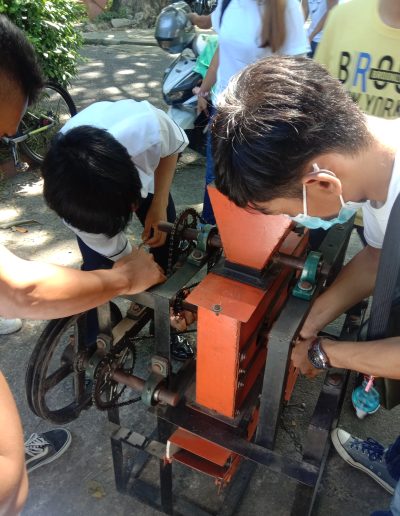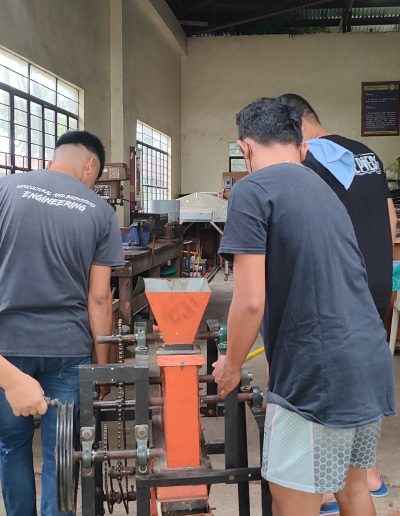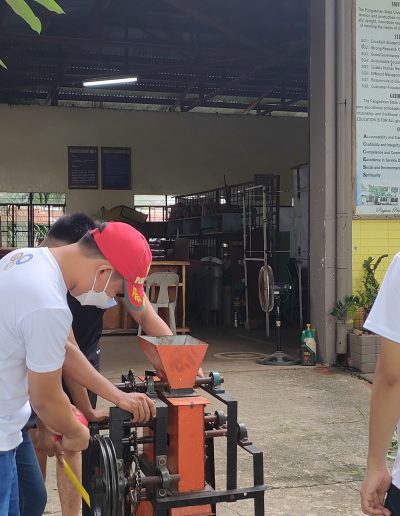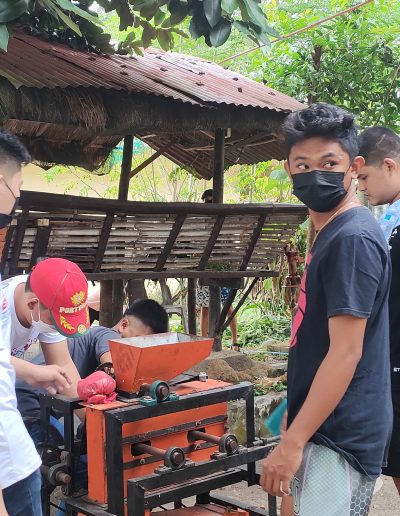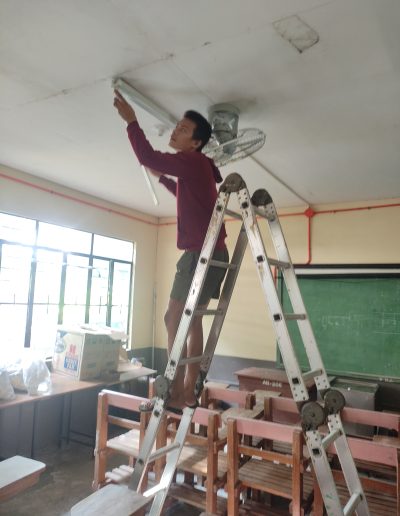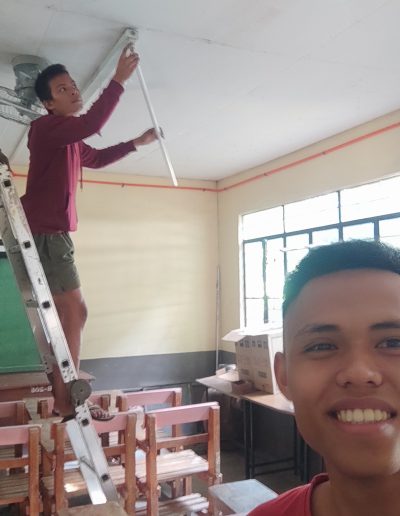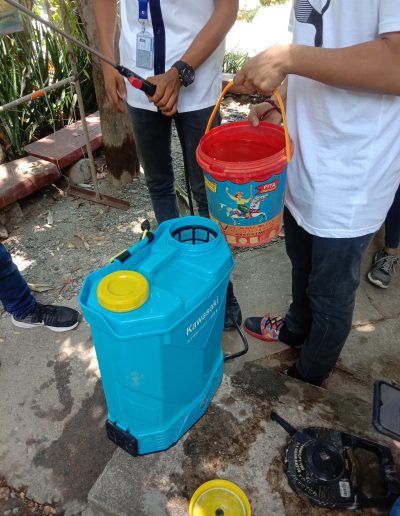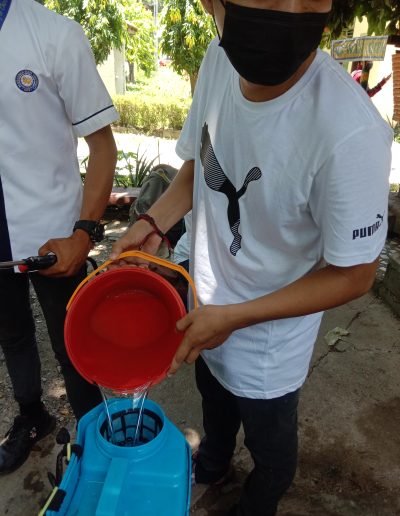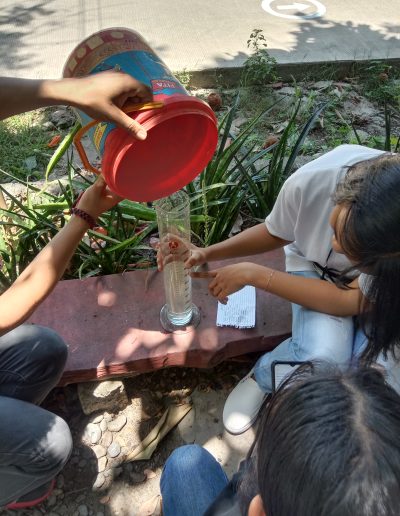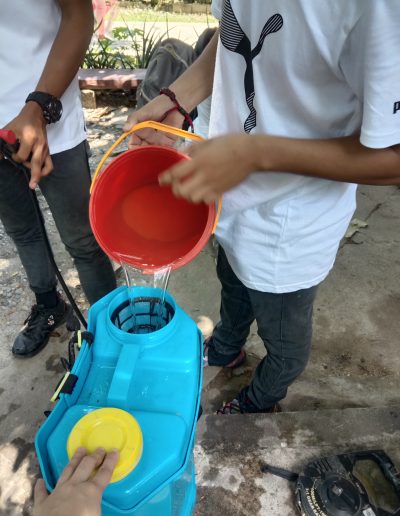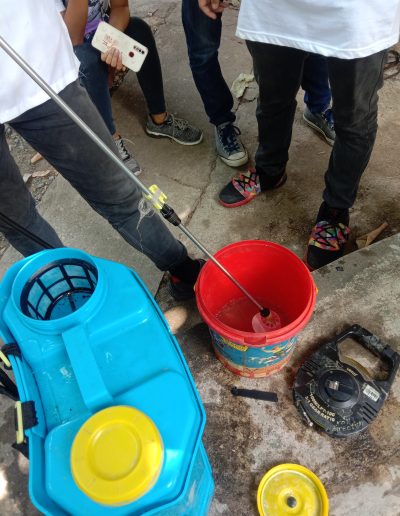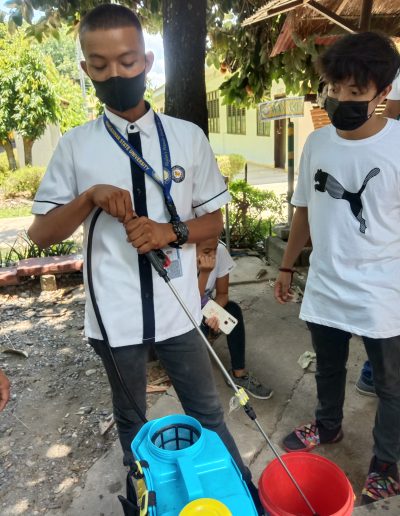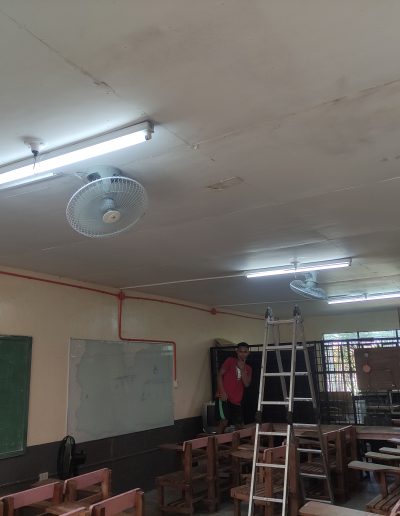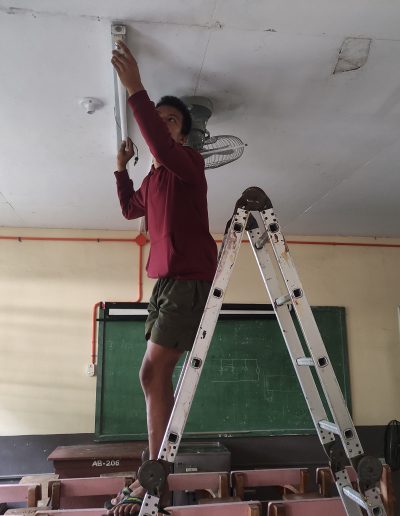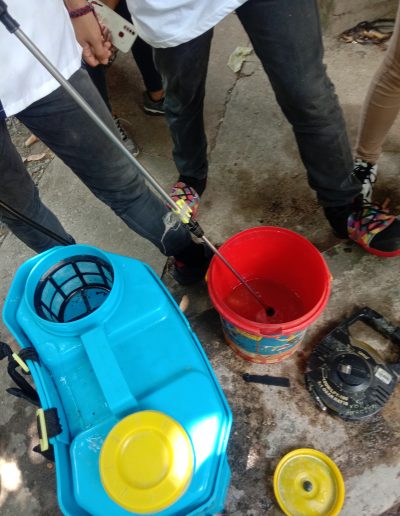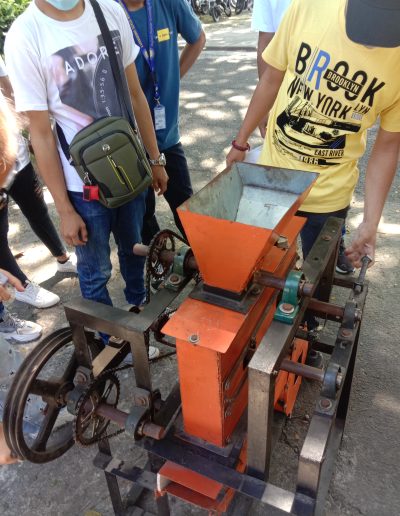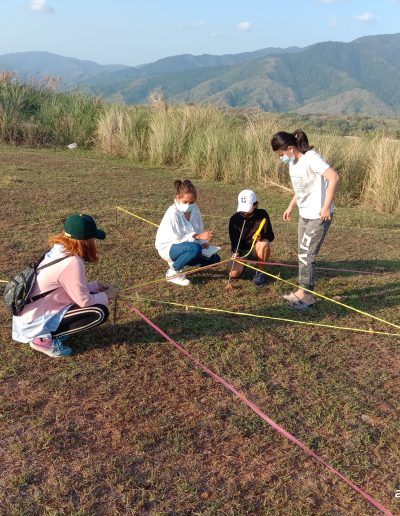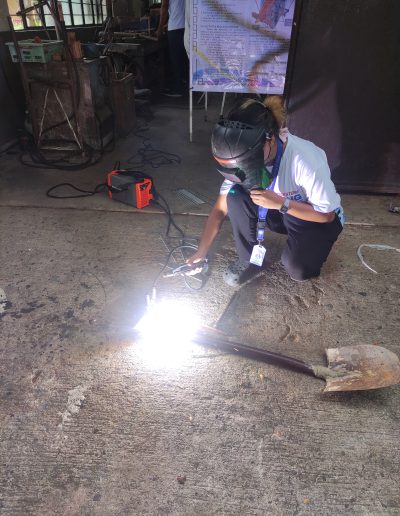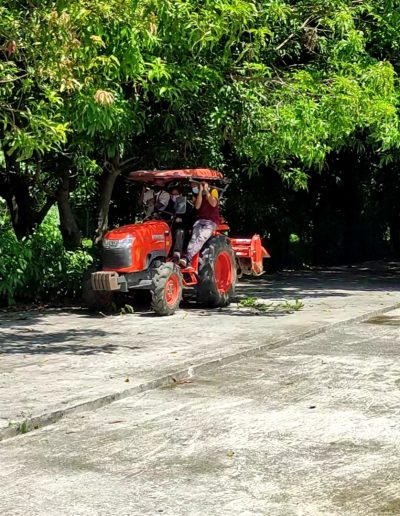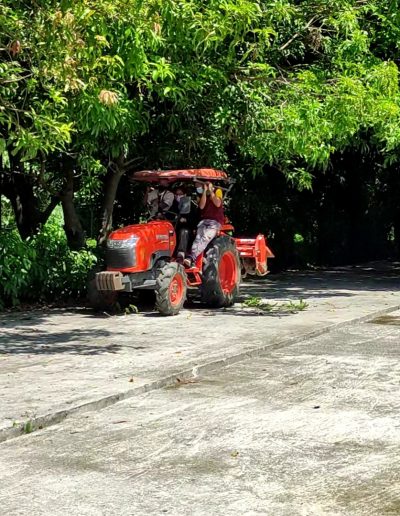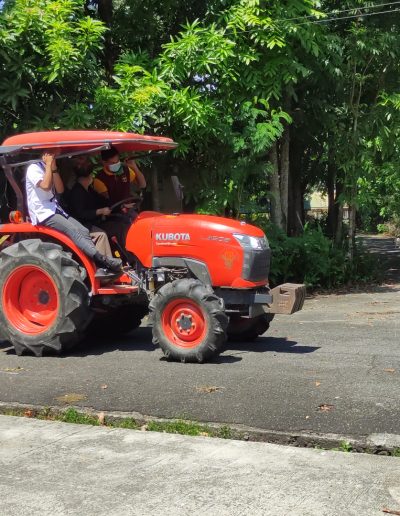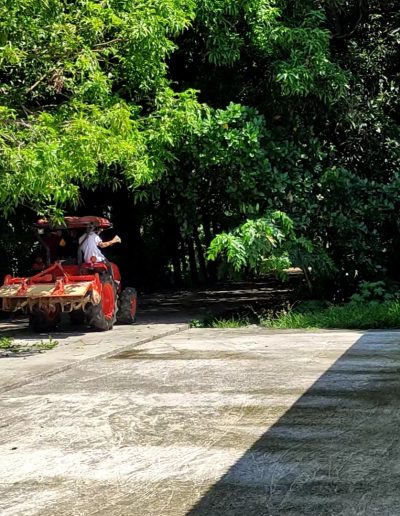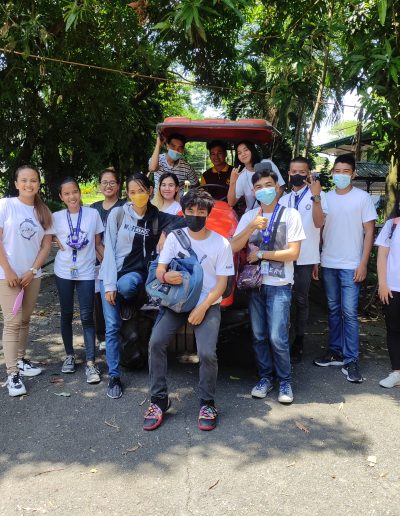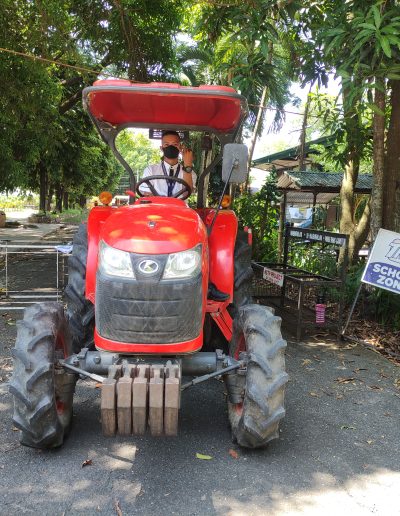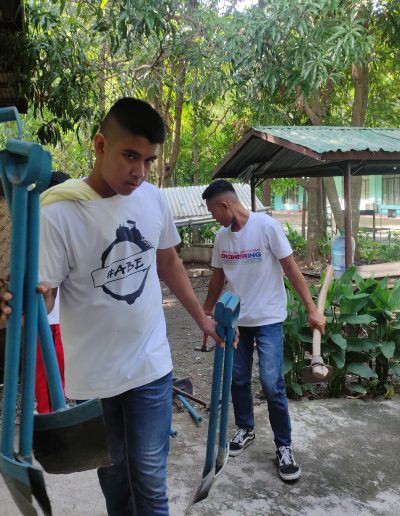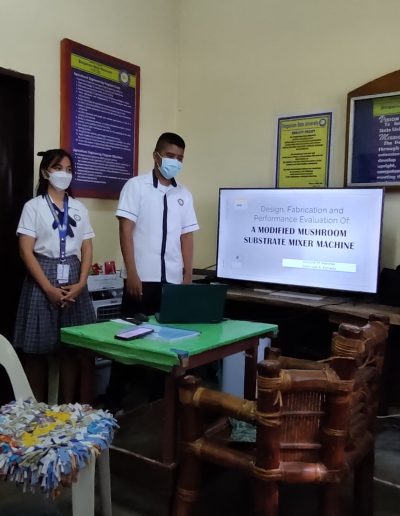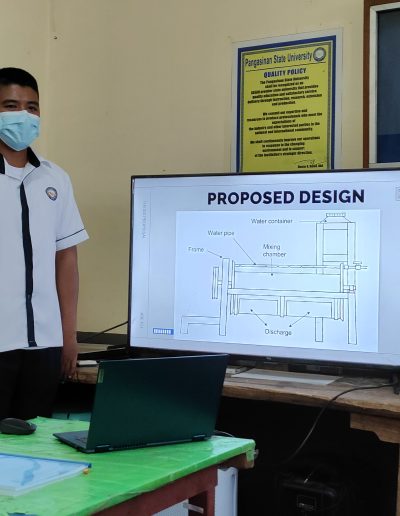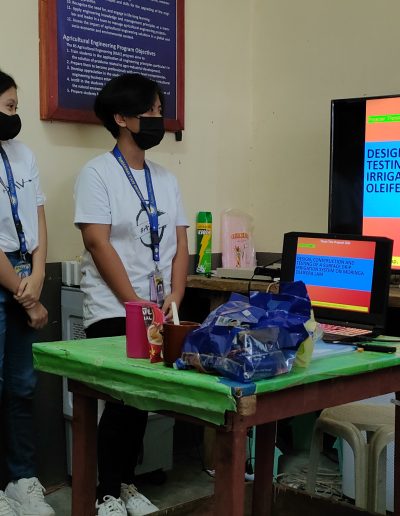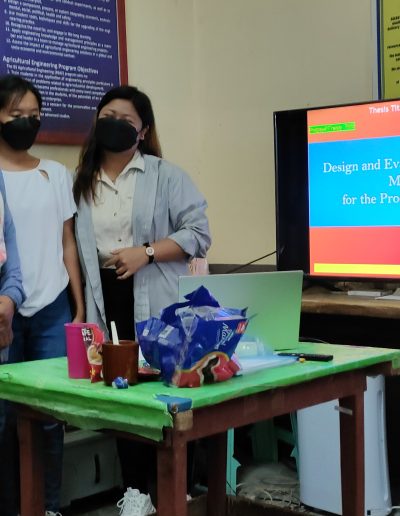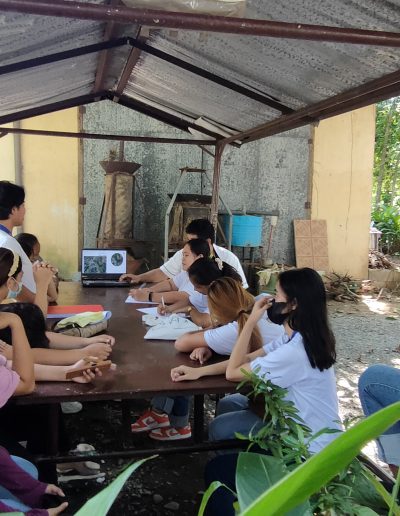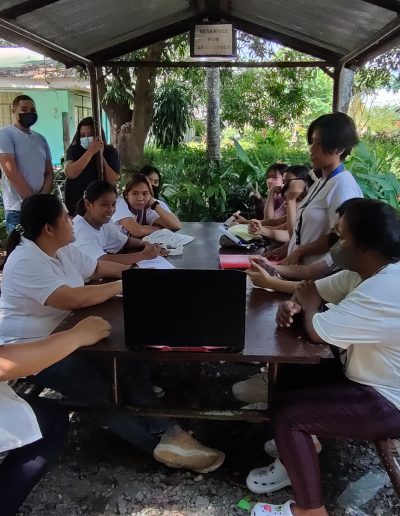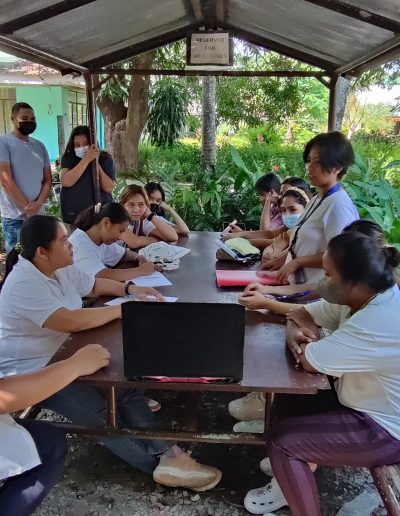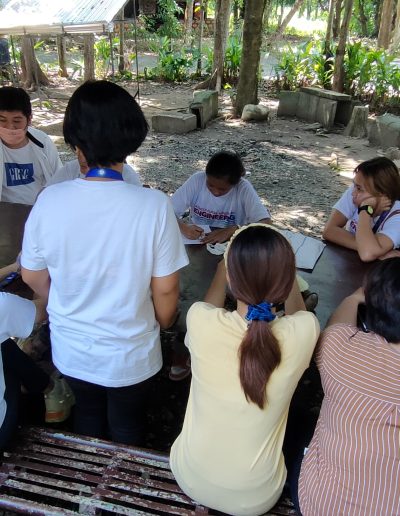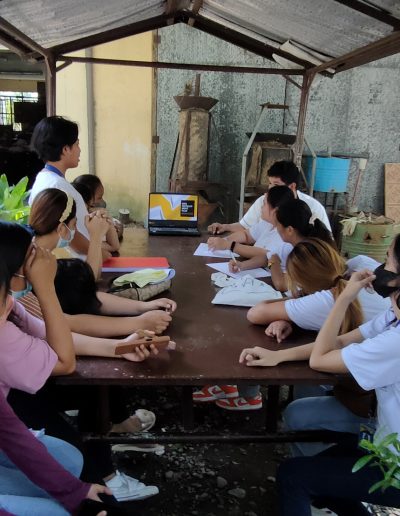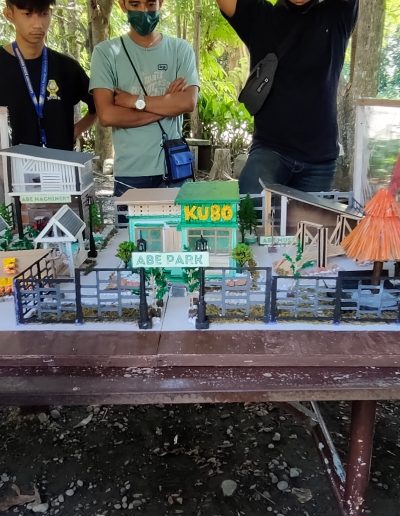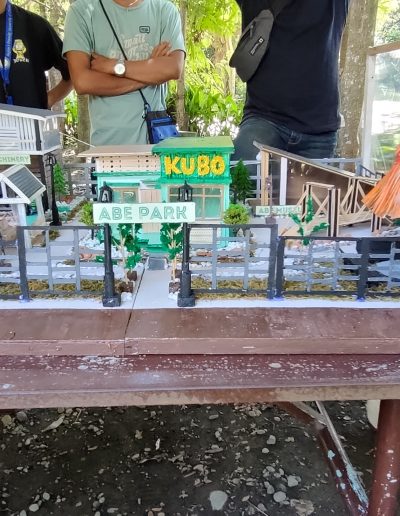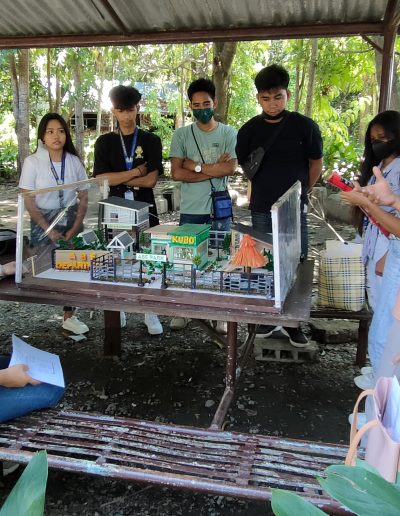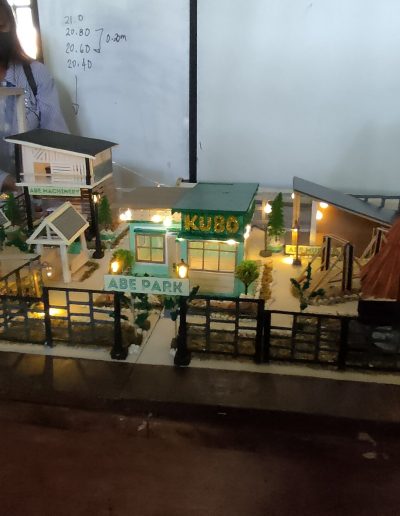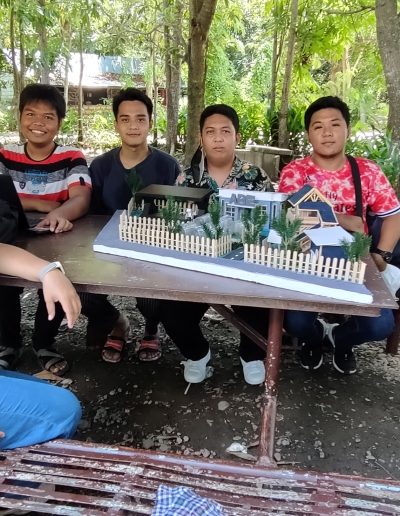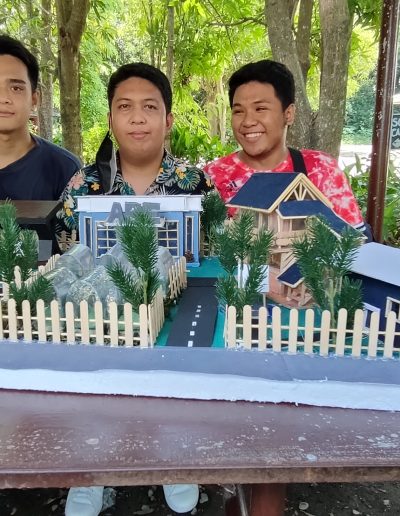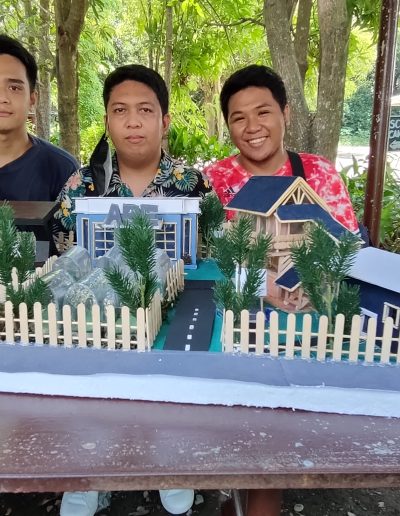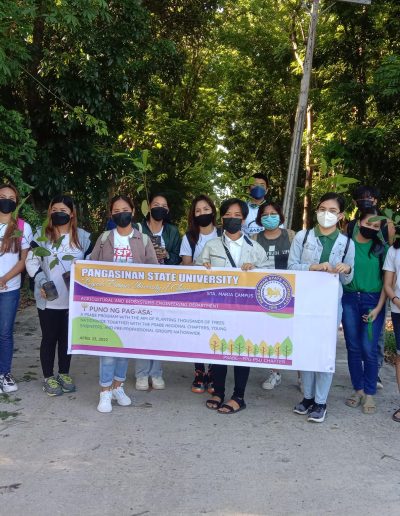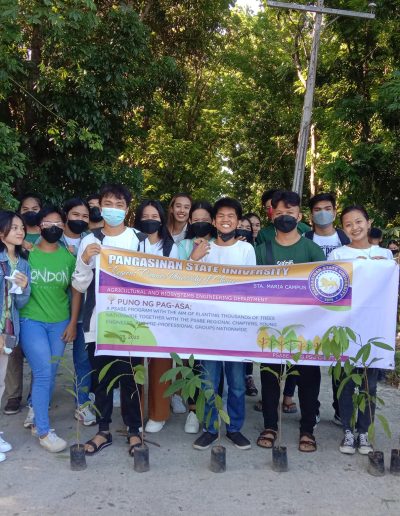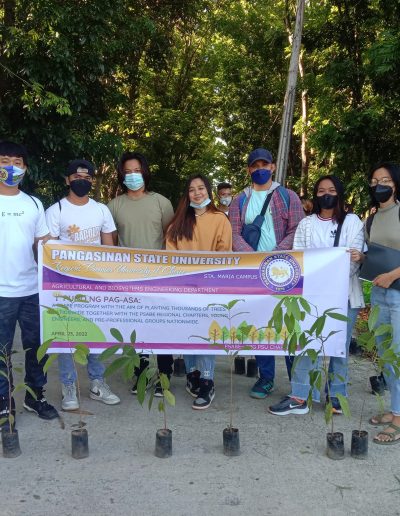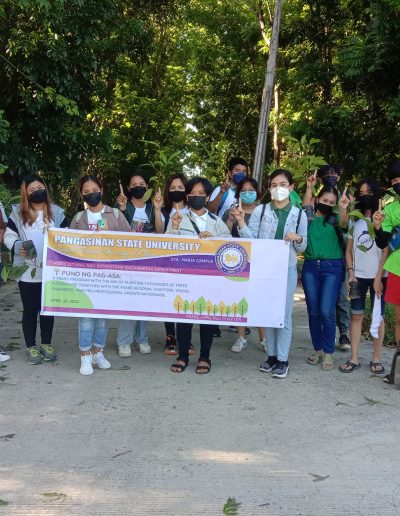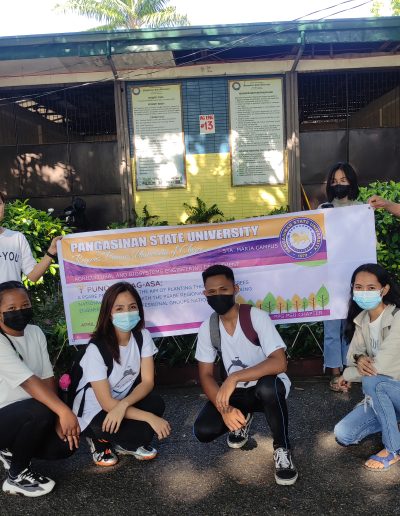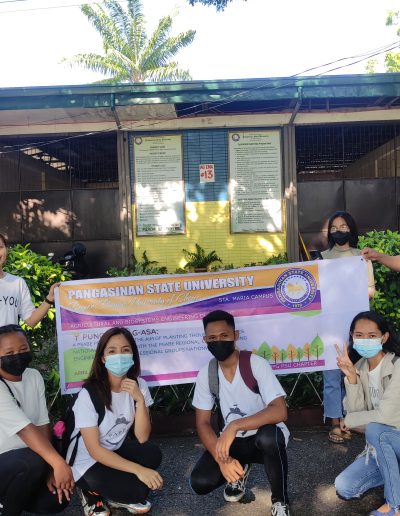Bachelor of Science in Agricultural and Biosystems Engineering

WELCOME to the Agricultural and Biosystems Engineering [ABE] Department!
The university, with its faculty, enhances the student’s competencies for professional practice, entrepreneurship, employment, teaching, research, extension, and graduate study on agricultural and biosystems [AB] machinery and power, land and water resources engineering, structure and environmental engineering, and process engineering, and its related fields meeting the needs of industry, public service, and civil society.
The Bachelor of Science in Agricultural and Biosystems Engineering [BSABE] program courses aimed at developing students with appropriate knowledge, skills and attitudes in the application of engineering principles particulars in the solution of problems related to agro-industrial development.
Agricultural and Biosystems Engineering refers to the application of engineering science and designs to the processes and systems involved in the sustainable production, post-production, and processing of safe food, feed, fiber, timber, and other agricultural and biological materials and the efficient utilization, conservation, and management of natural and renewable resources in order to enhance human health in harmony with the environment.
We learn as one as we together achieve the boundless endeavor. #mABEhay!
Engr. Freddie Rick Ramos
ABE Department Chair
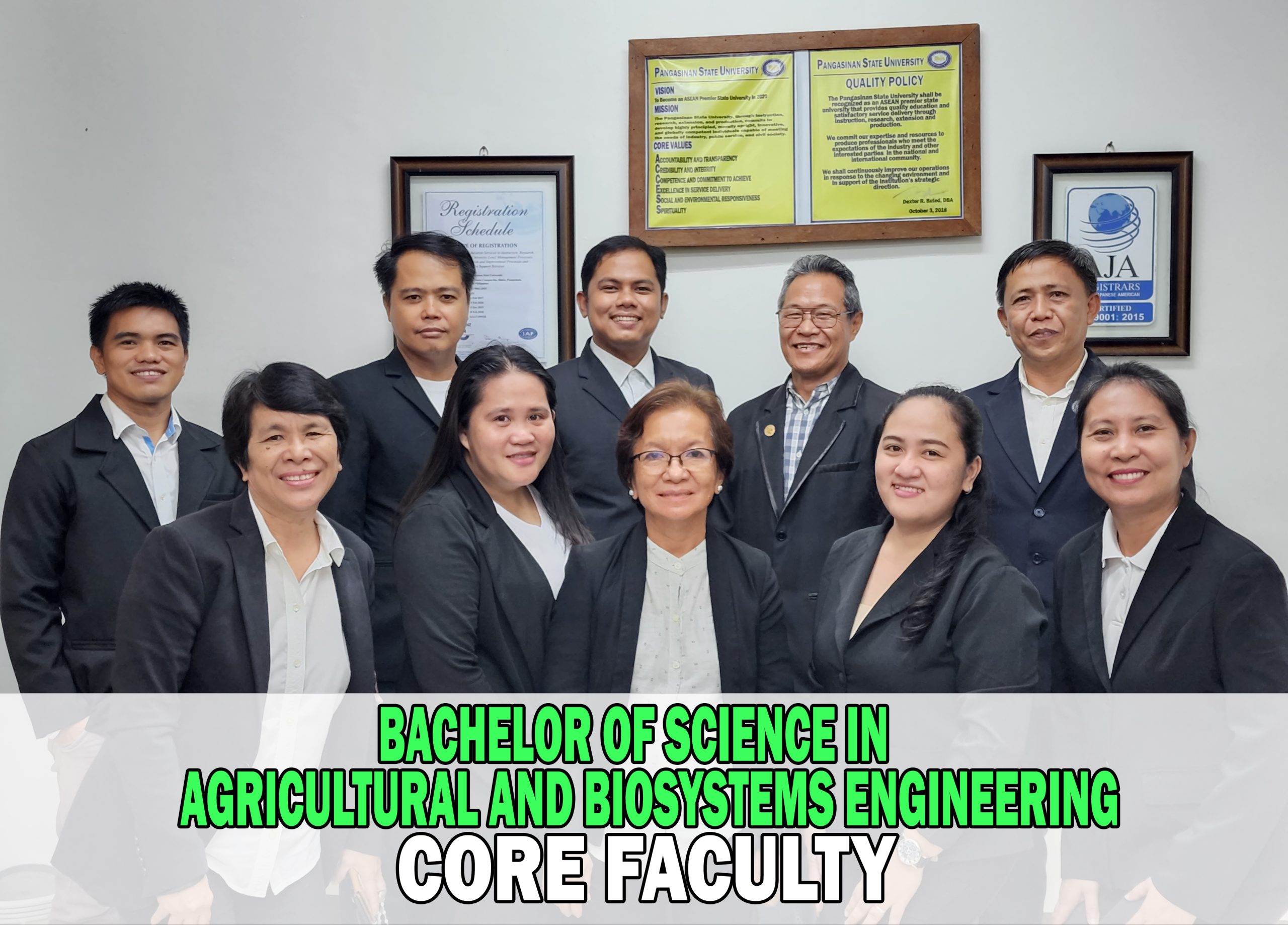
The BSABE program is designed to produce graduates who possess knowledge, skills, and attitudes in the application of engineering science and designs to the processes and systems involved in the sustainable production, post production, and processing of safe food, feed, fiber, timber, and other agricultural and biological materials; the efficient utilization, conservation, and management of natural and renewable resources; and development of climate change mitigation measures, in order to enhance human health in harmony with the environment. Agricultural and Biosystems (AB) consists of crops, poultry, livestock, fisheries and agricultural resources, forestry and other plants, new and renewable energy, waste, natural resources, and climate. (CMO 94, s. 2017)
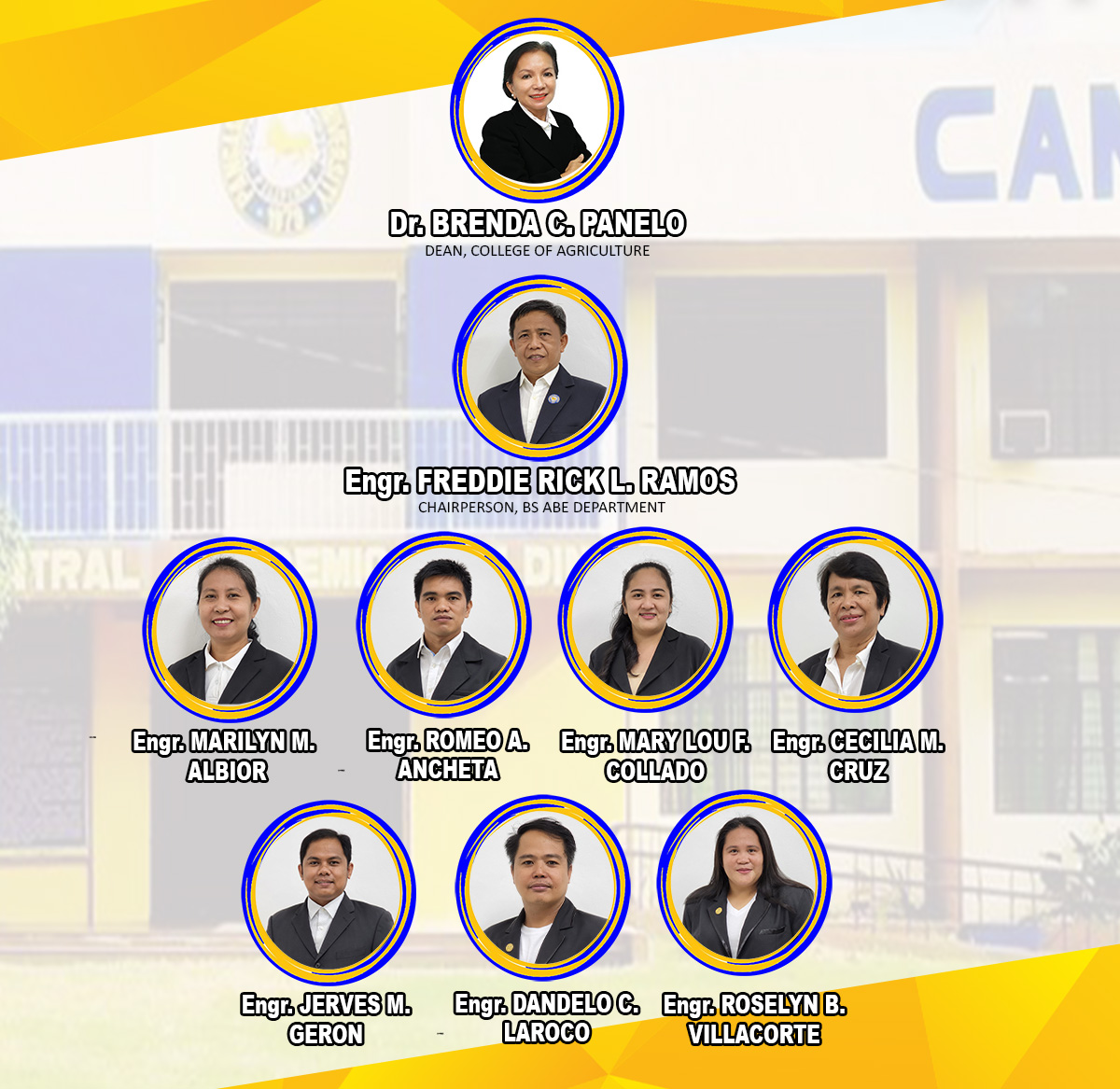
Student Activities
Specific professions/ careers/ occupations/ trades that BS ABE graduates may go into:
The scope of the practice of Agricultural and Biosystems Engineering, as defined in R.A. 10915, known as “The Philippine Agricultural and Biosystems Engineering Act of 2016,” embraces services in the preparation of engineering designs, plans, specifications, project studies, feasibility studies, estimates, and supervision of the construction, operation, and maintenance of irrigation and drainage, soil and water conservation and management systems, agrometeorological systems, AB machinery and power, AB buildings and structures, farm electrification, renewable energy systems, AB processing and post harvest facilities and systems, AB waste utilization and management, AB resource conservation and management, climate change mitigation measures, AB information systems, and AB automation and instrumentation systems.
By the time of graduation, the students of the program shall have the ability to:
- apply knowledge of mathematics and science to solve complex AB engineering problems;
- design and conduct experiments, as well as to analyze and interpret data;
- design a system, component, or process to meet desired needs within realistic constraints, in accordance with standards;
- function in multidisciplinary and multi-cultural teams
- identify, formulate, and solve complex engineering problems;
- understand professional and ethical responsibility;
- communicate effectively complex AB engineering activities with the engineering community and with society at large
- understand the impact of AB engineering solutions in a global, economic, environmental, and societal context
- recognize the need for, and engage in life-long learning;
- know contemporary issues;
- use techniques, skills, and modern engineering tools necessary for AB engineering practice;
- know and understand engineering and management principles as a member and leader of a team, and to manage projects in a multidisciplinary environment; and
- understand at least one specialized field of ABE practice.
The BSABE program is designed to produce graduates who possess knowledge, skills, and attitudes in the application of engineering science and designs to the processes and systems involved in the sustainable production, post production, and processing of safe food, feed, fiber, timber, and other agricultural and biological materials; the efficient utilization, conservation, and management of natural and renewable resources; and development of climate change mitigation measures, in order to enhance human health in harmony with the environment. Agricultural and Biosystems (AB) consists of crops, poultry, livestock, fisheries and agricultural resources, forestry and other plants, new and renewable energy, waste, natural resources, and climate. (CMO 94, s. 2017)
- Provide leadership in planning, implementing, and monitoring ABE projects and programs.
- Occupy supervisory positions in private and public organizations; locally and internationally.
- Own and/or manage ABE-based business enterprises.
- Pursue advance studies in ABE and emerging related fields.
- Occupy responsible positions in ABE education.
- Other PEOs unique to the institution.


